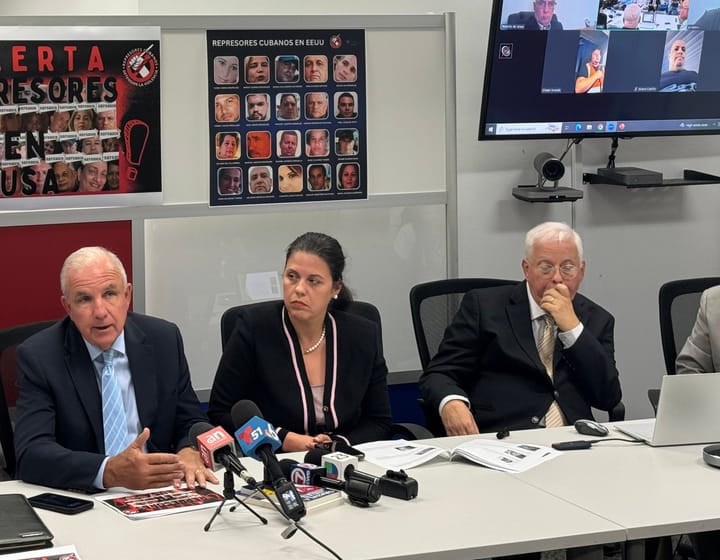Communists unveil new justification for hunger in Cuba: "The Panama Canal dried up"
Prime Minister Manuel Marrero said that two rice ships that Cuba had purchased are stuck in the maritime enclave.

The “blockade” by the United States, hurricanes, climate change, the coronavirus pandemic, the global inflation crisis, and the freezing of rivers in Canada that prevents the importation of peas; all these justifications had been argued in the past by communist leaders to explain the economic crisis in Cuba and the lack of food.
However, this December 20th, at the National Assembly of People’s Power (ANPP), Prime Minister Manuel Marrero Cruz, “debuted” a new justification. According to the Cuban leader, the drought in the Panama Canal prevents two ships of rice, which the Island had purchased on the international market, from arriving on time to be distributed, since the country is not self-sufficient in food production.
Marrero says that the water level in the Panama Canal dropped and two ships of rice were unable to pass… things that happen👇🏻#Cuba pic.twitter.com/sTFDoPumlR — Mag Jorge Castro🇨🇺 (@mjorgec1994) December 20, 2023
“The things that happen to us, right now the water levels in the Panama Canal have dropped. There we have two ships of rice for Cuba. We have to see how we solve this situation,” said the prime minister to Cuban parliamentarians.
The drought in the Panama Canal as a new justification for the shortage of food in Cuba has generated intense debate. While some critics see this statement as a desperate maneuver by the Cuban government to evade responsibility for its economic management; others consider it a reflection of the complex situation faced by the Caribbean country, which depends heavily on imports.
The problem that the Panama Canal is going through, a geographical element beyond Cuba’s control, has raised questions about the nation’s vulnerability to external factors that can affect its food supply. The dependence on imports has left the country vulnerable to climatic and geopolitical factors.




Comments ()